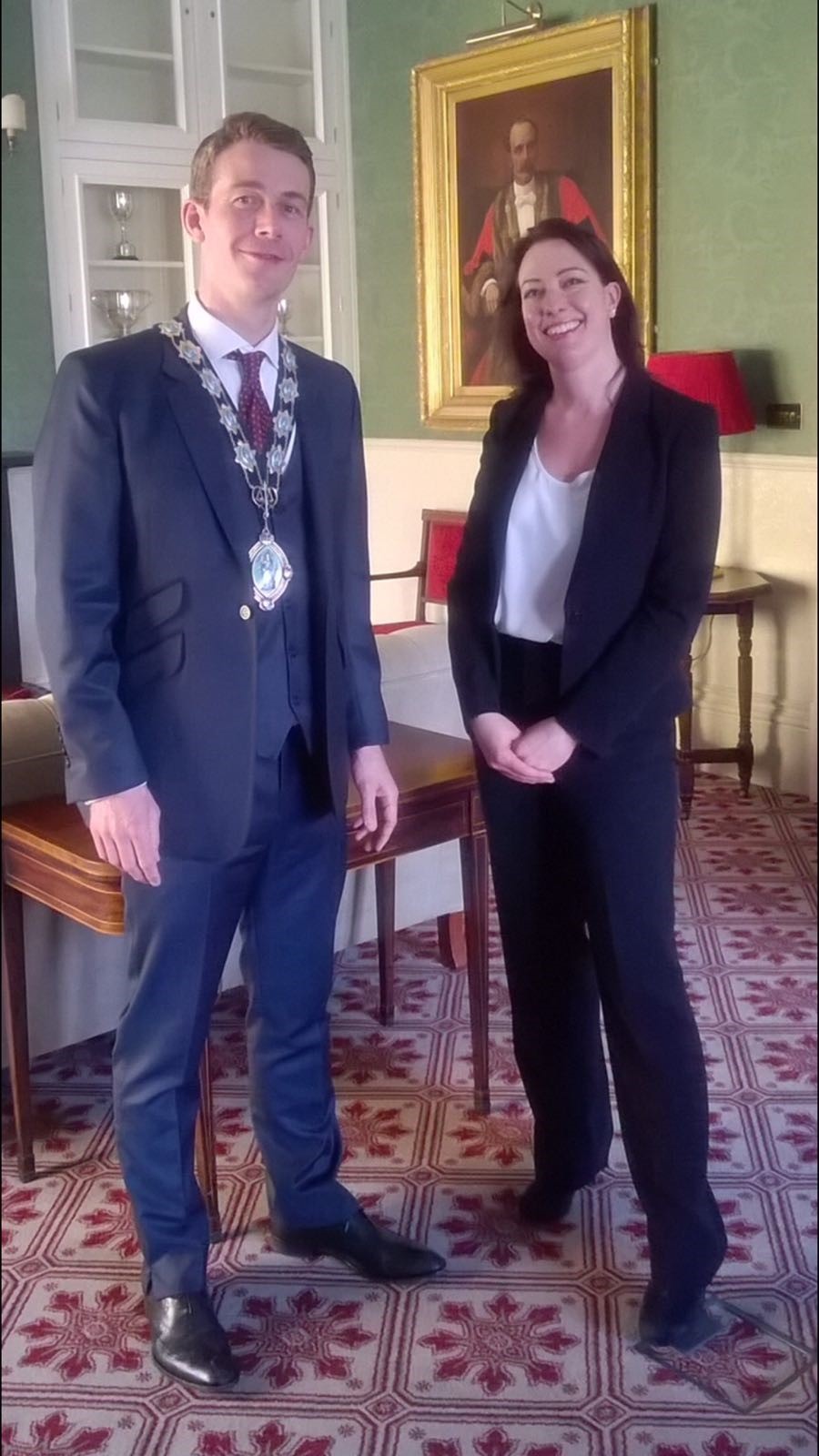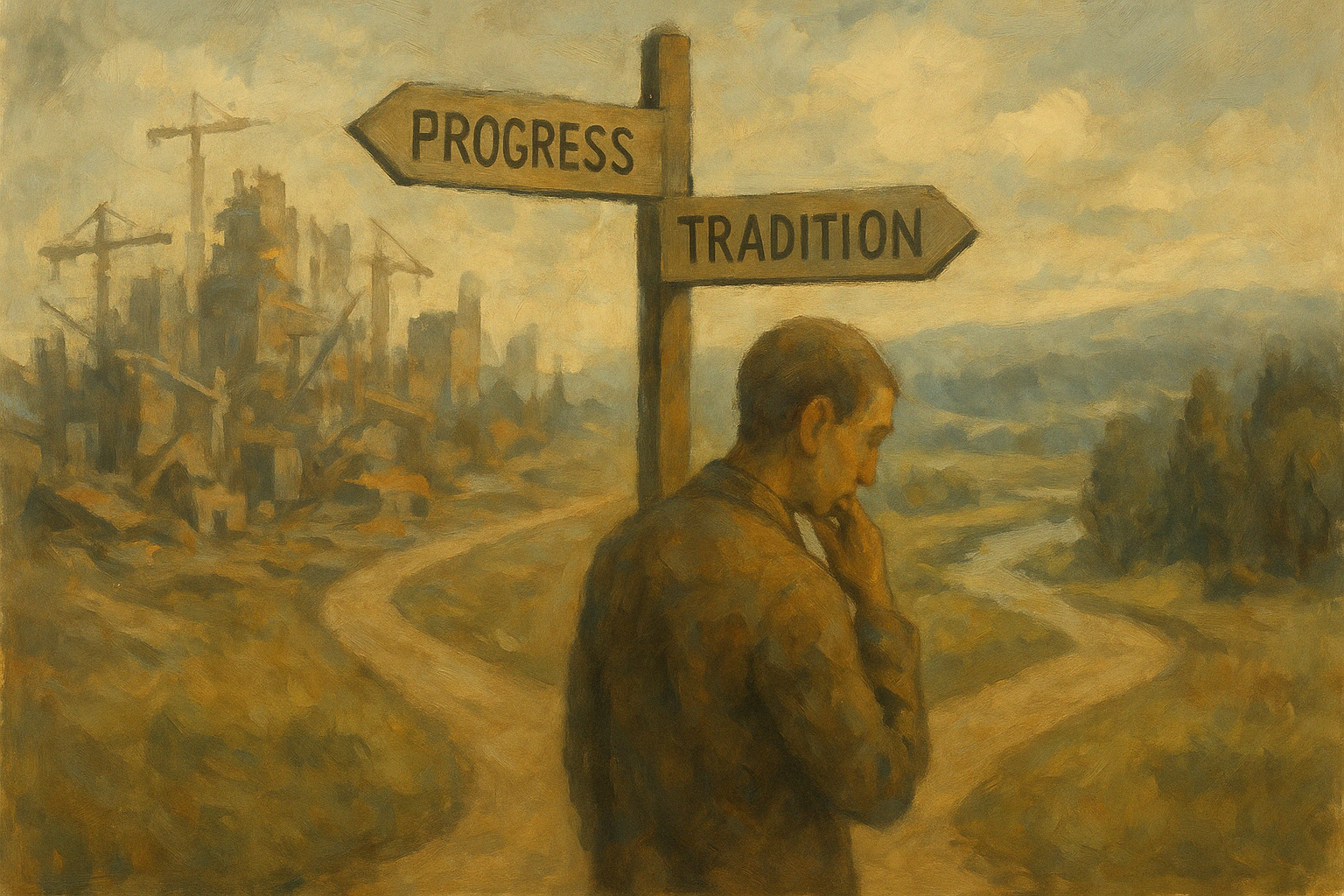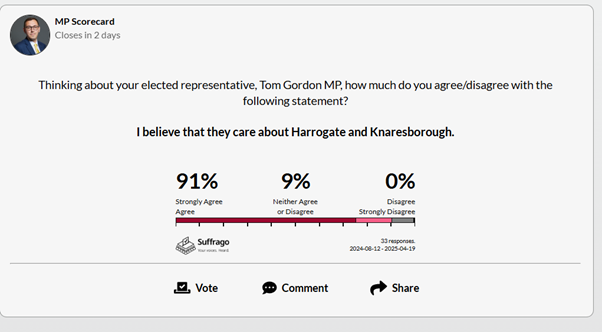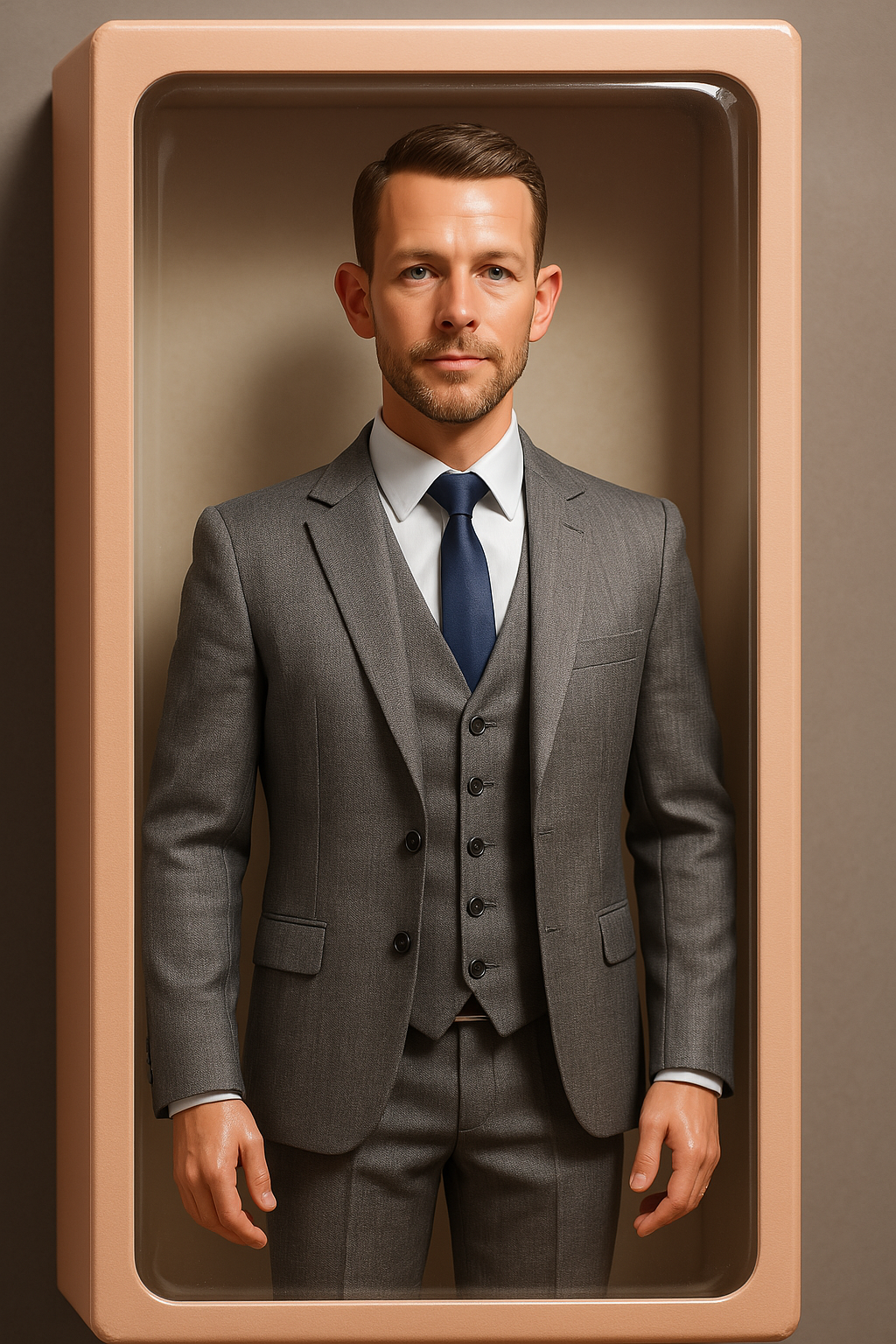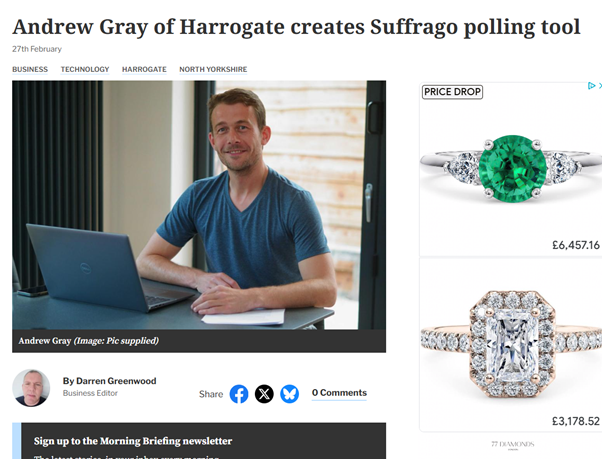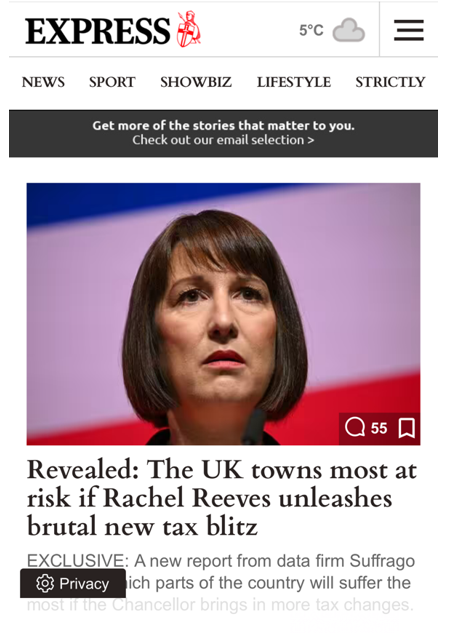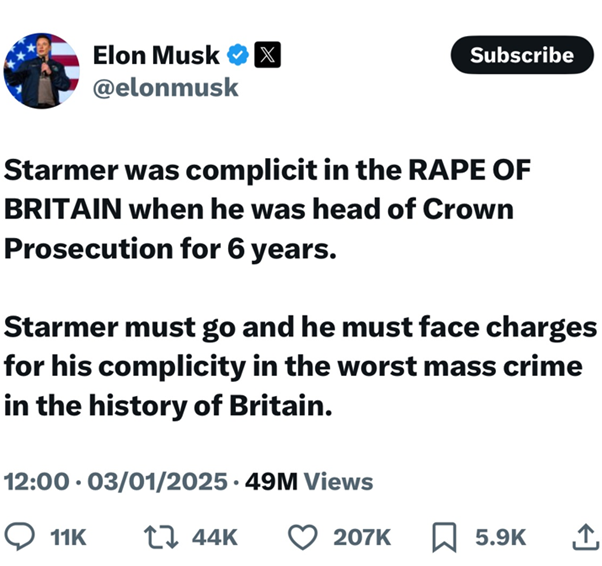In 2018, I became the President of the Harrogate and District Law Society for its centenary year. It therefore fell upon me to deliver the centenary speech to circa 100 local solicitors and barristers at an event at The Crown Hotel in winter 2018.
In preparation of my speech, I read over the early minutes of the Society, founded during the last year of the First World War. Much to my pleasant surprise, the Society’s Founding Fathers were a radical group, public-spirited and brave. Given that the Society’s website is no longer online, below I have pasted my full, unabridged speech in order to ensure that some online record exists of why the Harrogate and District Law Society came into operation, as well to record my displeasure as to the state of Legal Aid in 2018.
The two key takeaways of my speech are that so many lawyers had been slain or on active duty that the administration of justice had been imperilled, and that the Atlee Government’s introduction of Legal Aid in the 1950s more or less removed the main purpose of the Society. Ever since entering Law School in 2002, my view has been that every citizen should have the ability to enforce their legal rights with the help of a lawyer. I still hold this view.
……………………………………………………………………………………………………………………………………………….
Good evening ladies and gentlemen. I hope that you have enjoyed your food and conversation.
Evidently, it has fallen on me to address you all on what is the Centenary of Harrogate and District Law Society. I feel unworthy of speaking tonight. In hindsight, it would have been more appropriate for a lawyer from one of the founding firms to be President for our 100th year.
I bet that our founding fathers will turn in their grave to discover that a Mancunian is now President of this Society, particularly for tonight’s occasion.
The Historical Inception of the Society
On 16 May 1918, whilst World War One had six months to go, on the day that the history books show that the Germans bombed Calais, the very first Minutes record that this Society was created.
Candidly, my reaction to learning that this Society was established during World War One was one of sheer bemusement: surely the lawyers in this District had more important matters to contend with?
Early Challenges and Founding Members
Some of the firms here tonight’s forefathers were involved that day.
Mr. Eddison, presumably of what became Powell Eddison.
Mr. Raworths, presumably of the Raworths firm.
And Mr. Barber, presumably of what became Barber Titley, now LCF.
A few years later, Mr. Butterworth of Raworths fame and Mr. Kirby – was that from Kirbys? – were involved.
Sadly, no women lawyers were involved, given the absurdity that women couldn’t practice at that time.
The Formation During World War I
But why was this esteemed Society formed during World War One? The typed minutes from 1920 give much more background. I shall read them for you:
“The Society was called into existence on 16 May 1918. A meeting of Harrogate Solicitors was held at the George Hotel under the Presidency of Mr. Barber. The need for the Society has long been felt. Despite the large number of Solicitors and Clerks in the district who had volunteered for service with the Forces continual calls were being made upon the Profession to join up, and it was felt that the ‘high water’ mark so far as withdrawals from the Profession for the purpose of service in His Majesty’s Forces has been reached, and that in the interests of the general public and also of the due carrying out of functions of the Courts, it was not safe for any more members of the Profession to join up. With this object and to safeguard the members of the Profession the Society was formed.”
The Society’s Radical and Compassionate Acts
This was, surely, a radical act: Withdrawing able-bodied men from combat. I am no historian and I only have the one source, but it appears to me that our Founding Fathers were iconoclasts. So many lawyers had been slain that the administration of Justice in this area was imperilled.
The records show that for the first few years the members of this Society spent an inordinate amount of time debating the merits of what became The Law of Property Act 1925. Isn’t some of this still good Law? Sadly, in this Society, we don’t seem to have the time to discuss such bills today.
The Evolution of Legal Aid
Let me draw to your attention another important development in the history of our Society. In 1924, one year after women were allowed to become lawyers, and in the year that the records show that the first telephone was installed in the courts, this Society formed a Poor Person’s Rule Committee. It appears that this may have been suggested by Mr. Butterworth of Raworths. As the minute stated:
“The main point is the dispensation to poor persons of free legal advice is taken out of the hands of the Government and placed into the hands of the Law Society…”
Yet again, another radical and compassionate act performed by our Society’s Founding Fathers.
At around this time Mr. Buchanan of the Ripon firm, Hutchinson and Buchanan, came on the scene as did a Mr. Titley of what was Barber Titleys, now LCF.
Trawling through the minutes, in every following AGM, a great deal of time was spent discussing how the members of this Society dispensed free legal advice to poor people of this area. This was their core duty: our members looked after the poor.
Reflections on the Society’s Legacy
Let me read to you a minute from 1939 under the heading of “Poor Persons”. I bet our learned friends and their clerks will cast a smirk:
“It has been found rather difficult to obtain Counsel; this is to the fact that the rota is limited and, since the outbreak of War, the numbers available have been reduced. Nevertheless the members of the Bar have made every effort to render whatever assistance has been required, and the Committee feel that conducting Solicitors will appreciate the importance of lightening the work of counsel and their clerks as much as possible. Although no complaints have been made, there is reason to think that Counsel sometimes feel that they are overburdened with work that could and should be done by the conducting Solicitor.”
As the 1950 Minutes reveal, due to the radical Attlee Government’s introduction of the Legal Aid Act, the Poor Person’s Committee, administered by this Society, which had been run by Mr. Butterworth for over twenty years, was disbanded. Note – Attlee was trained as a lawyer. Like the NHS, Legal Aid was created even though our economy was in tatters.
Current Challenges and Future Directions
Going through this treasure trove last night, I wondered what our Founding Fathers would make of us today. Today, we have had barristers on strike; the decimation of Legal Aid; the huge reduction in advice centre funding; and we have the courts overwhelmed with litigants in person. In my firm’s arena we have the Civil Liability Act to contend with, which paves the way to remove lawyers from half a million road Traffic Accident claims per year.
What would our Founding Fathers have thought of our response as a Society, to these changes, to the legal landscape? Left or right, Remain or Leave, I hope that we can agree that recent changes have only made access to justice more difficult. Nationally, the Law Society is doing an excellent job of highlighting these changes, but locally….
It was only reading these Minutes from last night that I realize just how poor a job I have done as President.
A Vision for the Future
As my time as President ends next Thursday, with – barring a first revolt – Stephen Hopwood of McCormicks Solicitors, becoming President, I still have time to tell you about the future.
Thanks to the brilliant and generous Paul Berwin of Berwins Solicitors, we will soon join Leeds Law Society by incorporating – and so ending the personal liability which we members endure. Paul has expertly guided us through this complex problem. Thank you, Paul.
Hopefully the coming year will see us working in partnership with Harrogate Borough Council to implement the Harrogate Centre or Legal Excellence. We have brilliant law firms in this region – which punch well above their weight – and yet the people in this area, nor the country at large, know it. There is more to this area than afternoon tea.
I have a great – and positive – fact for you to take away. Harrogate Borough Council sent me this information yesterday. According to Government statistics 680 people were employed in the legal sector in this area in 2017. This was a 35% increase on 2015. The legal sector in Harrogate and District is booming.
All we need now is a gutsy Chambers to open a satellite chambers here. Enough of you barristers live around here; you might as well work here too.
Closing Remarks and Gratitude
Now as we start the second century of this Society, our membership is growing, our finances are depleted, our Committee is diverse and soon we shall have our first written constitution. We are in rude health.
But as we start this second Century we should ask ourselves the three questions that our radical, political, and altruistic Founding Fathers asked themselves:
– how can we help those who can’t afford a lawyer?
– how can we influence better laws?
– how can we help each other as professionals?
Finally, two thank yous. First, to my colleague and the Society’s Social Secretary, Georgina Parkin, for arranging this evening. And second, to the staff of this hotel who have served us so delightfully.
I wish you all a prosperous 2019. Thank you for joining me here this evening.
